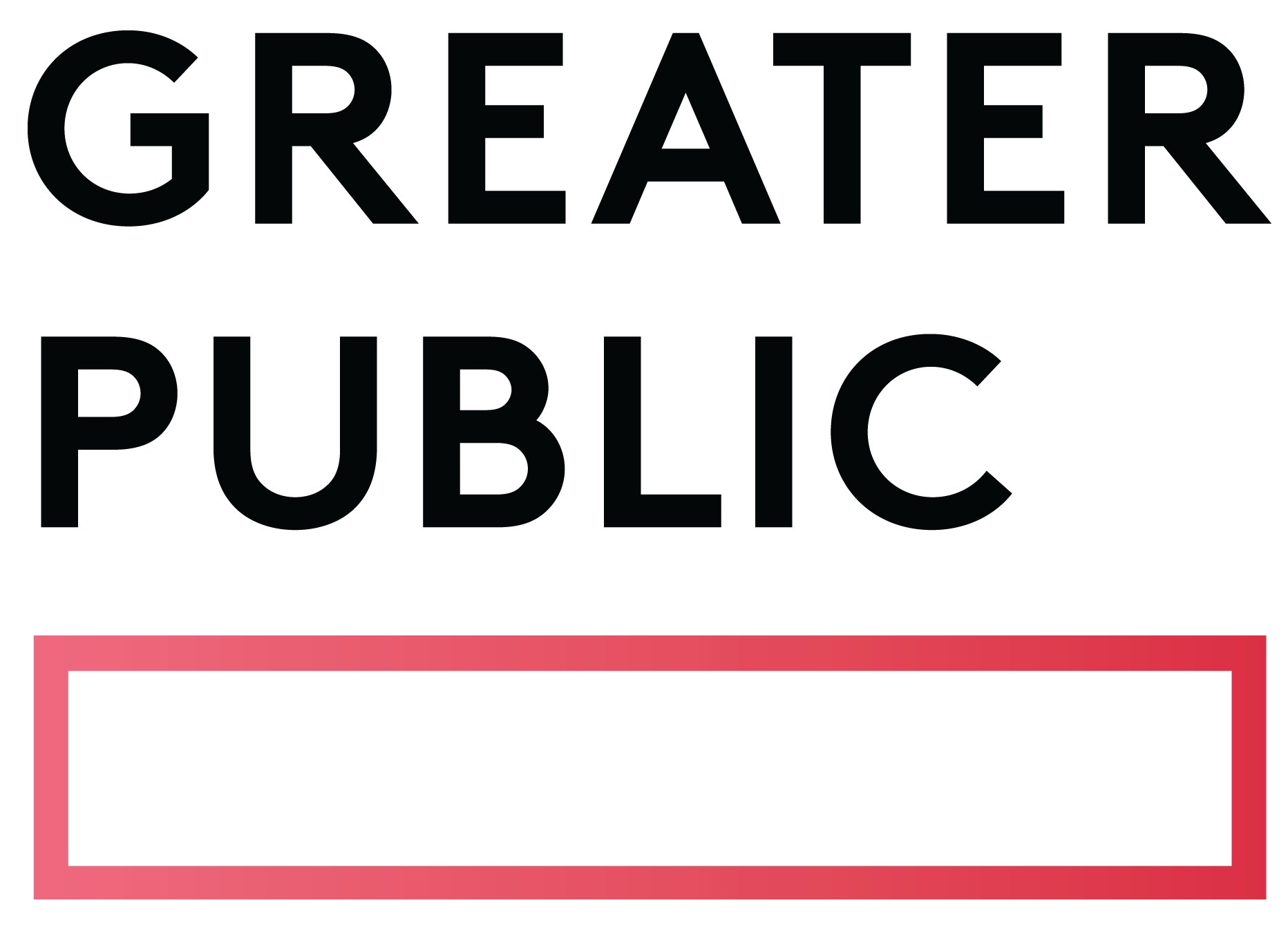When preparing tax receipts, take a moment to review the IRS Guide for Charitable Contributions: Substantiation and Disclosure Requirements (Publication 1771, last updated 11/2023). Here’s what you should know:
Donors are responsible for maintaining a bank record or written communication for donations of less than $250 and a written acknowledgement from the donee for donations of $250 or more for which they intend to claim a deduction on their tax return.
Your station or organization is responsible for providing written disclosure to donors who receive goods or services in exchange for a single donation of $75 or more. This written acknowledgement must be “contemporaneous” which is generally understood as being sent before the donor files their tax return. Greater Public recommends all tax statements are sent by January 31st.
There is a “Token Exception” for “insubstantial goods or services” (such as a thank-you gift). For taxable years beginning in 2025, to be deemed insubstantial, the Fair Market Value can not exceed the lesser of 2% of the payment or $136.00; or…
Meets the following criteria: The donation is at least $68.00, and the thank-you gift bears your station’s name and/or logo and is valued at no more than $13.60.
Your station is required to provide a written disclosure or receipt for donations of $75 or more that are partly for goods or services and partly for a donation. Your station must provide a good faith estimate of the fair market value of the item(s). This is referred to as a “Quid Pro Quo” contribution.
Here is how the token exception works: If you offer small “token” gifts in exchange for a donation you do not have to document these as a reduction in tax-deductibility if these three things are true:
- The donor gave at least $68.00
- The item bears the organizations name or logo (shirt, mug, socks)
- The item does not cost more than $13.60
Note: The IRS makes a distinction between the cost of the item to the organization and the fair market value of the item, your station needs to do the same when creating tax statements for donors by listing the fair market value.
Special note for stations heavily promoting the $5/month sustainer giving option: The donation amount of $68.00 is now higher than the annual $5 sustainer gift. This means that if the “thank-you gifts” you send to donors cost in excess of $13.60, that should be documented in your tax statement and not treated as a token exception.
To review these details, see page 17 of this document.








